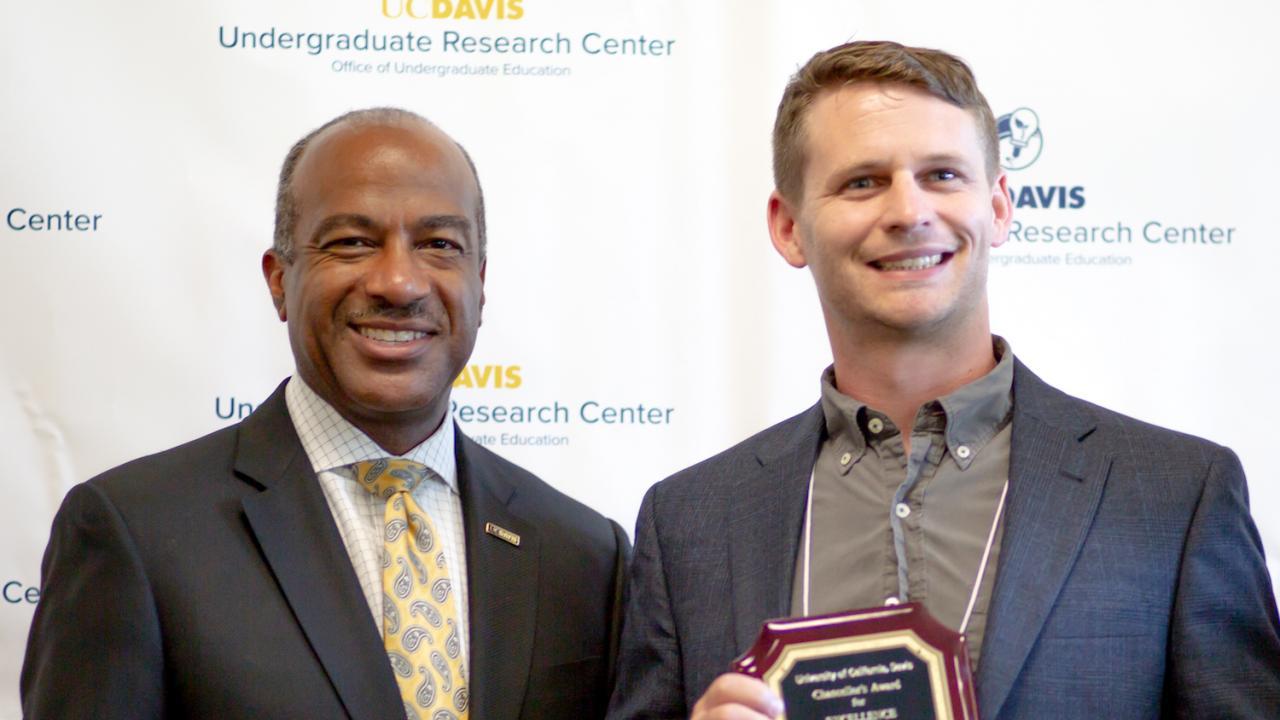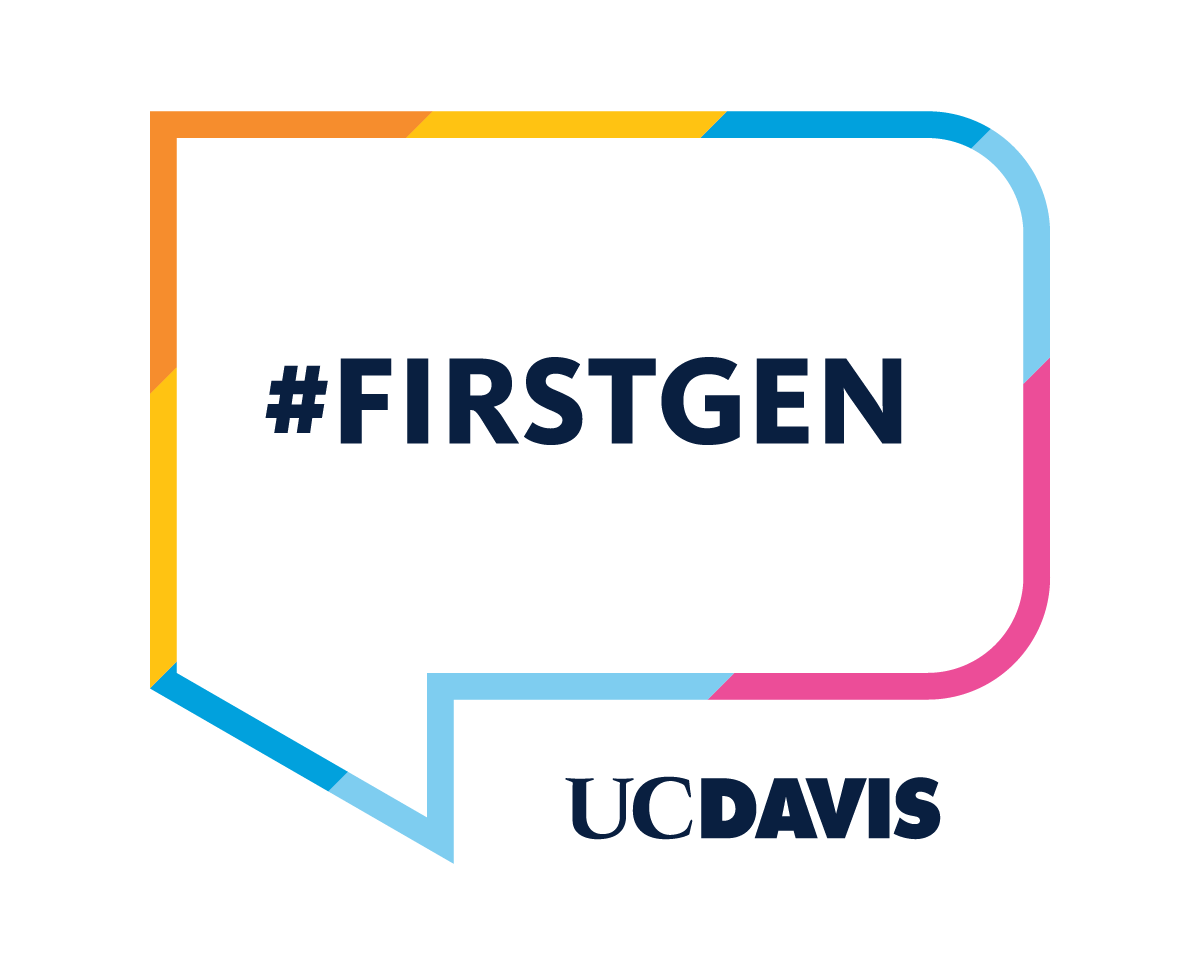
Mentorship and Finding Your Balance as Keys to Success - Chris Nosala
Chris Nosala, PhD '18
Microbiology and Molecular Genetics
I grew up in a suburb on the outskirts of Los Angeles County. My dad worked for the phone company. He initially pushed me to study computers because the computer scientists at his company did very well. My mom was a lunch lady at an elementary because the hours matched her sons’ school schedules growing up. I have two brothers and money did not motivate any of our career paths since my older brother was a wildland firefighter for 10 years and my little brother is a chef and writer.
In graduate school, I studied Microbiology with a Designated Emphasis in Translational Research. I just completed my PhD in June 2018! Dr. Cindy Malone at California State University, Northridge and Dr. Owen Witte at UCLA both supported me in my decision to attend grad school. I did the first half of my Master’s in Dr. Malone’s lab, and she helped me get funding to work in Dr. Witte’s lab at UCLA for the second half. Dr. Witte runs a world renowned cancer and stem cell biology lab. I learned here how to be successful in a PhD program, as well as advanced molecular biology techniques that I still use. UC Davis was the perfect place for me to pursue a PhD and grow as a scientist.
Moving to Davis was fun, and I spoiled myself with a one-bedroom apartment.I made a strict schedule and converted every minute into something productive to be a dedicated scientist. I burned out after a couple years, so now I make sure to strike a balance between work and play.
I was surprised to learn many grad students at UC Davis come from families affiliated with the university. They have impressive resumes, like double-majoring as an undergrad, studying abroad, and volunteering in developing countries. I worked full-time as an undergrad at a Whole Foods market. I alternated between 4 a.m. receiving shifts, stocking yogurt and ice cream, and decorating cakes. I didn’t have a free weekend for 6 years, and had to study for classes after closing the store at midnight.
I learned you get a stipend in grad school, and now I cherish my weekends. One of the biggest challenges is having to figure out everything on your own, and building your own network.
During grad school, it’s important to make a regular schedule and generate data every week on multiple projects, and I learned how to do this while balancing work and school as an undergrad. In a lab, your PI is your boss and you two have a common goal. I had a wide range of managers, from good to terrible, and learned how to integrate their input while working outside of academia.
Mentorship is important for first-gen students because they don’t have family to lean on for advice, so they require mentor support to make good career decisions. At UC Davis, it was important to choose a lab based on my mentor rather than my research. I was not interested in Dr. Scott Dawson’s lab, but after chatting with him and attending his lab meeting I saw his passion for science and how he supported his students to develop their own projects. While at the Dawson lab, I attended conferences twice a year (including a trip to Cuba), spent a summer in Woods Hole for the international Biology of Parasitism course, published multiple papers, and learned advanced microscopy techniques that will help me in my future career. All of this is possible because of mentorship.
